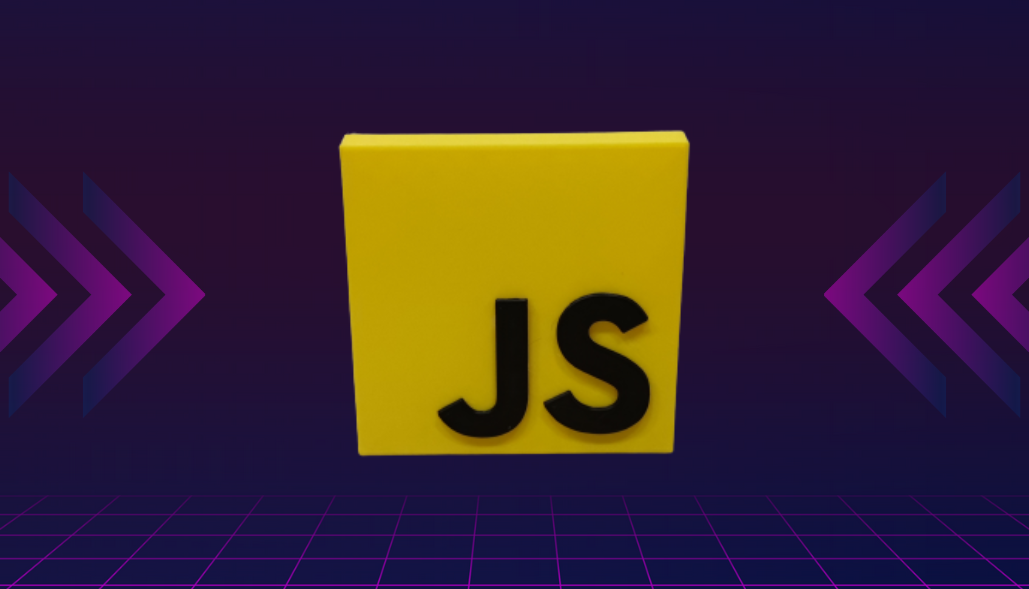When working with asynchronous operations, you can use async/await with a forEach loop to handle asynchronous tasks in a more readable and sequential manner. However, it’s important to note that forEach itself does not directly support async/await because it does not wait for promises to resolve. Instead, we need to use other options, such as for…of or for loops, in conjunction with async/await.
Here’s an example of how you can use async/await with a for…of loop to iterate over an array and handle asynchronous tasks:
const myArray = [1, 2, 3, 4, 5];
const performAsyncTask = async (item) => {
// Simulating an asynchronous task
return new Promise((resolve) => {
setTimeout(() => {
console.log(`Processed item: ${item}`);
resolve();
}, Math.random() * 1000);
});
};
const processArray = async (array) => {
for (const item of array) {
await performAsyncTask(item);
}
console.log('All items processed');
};
processArray(myArray)
.then(() => {
console.log('Processing completed');
})
.catch((error) => {
console.error('An error occurred:', error);
});
In this example, performAsyncTask is an asynchronous function that simulates some time-consuming operations. The processArray function iterates over the myArray using a for…of loop, and for each item, it awaits the completion of performAsyncTask. This ensures that each asynchronous task is executed sequentially.






